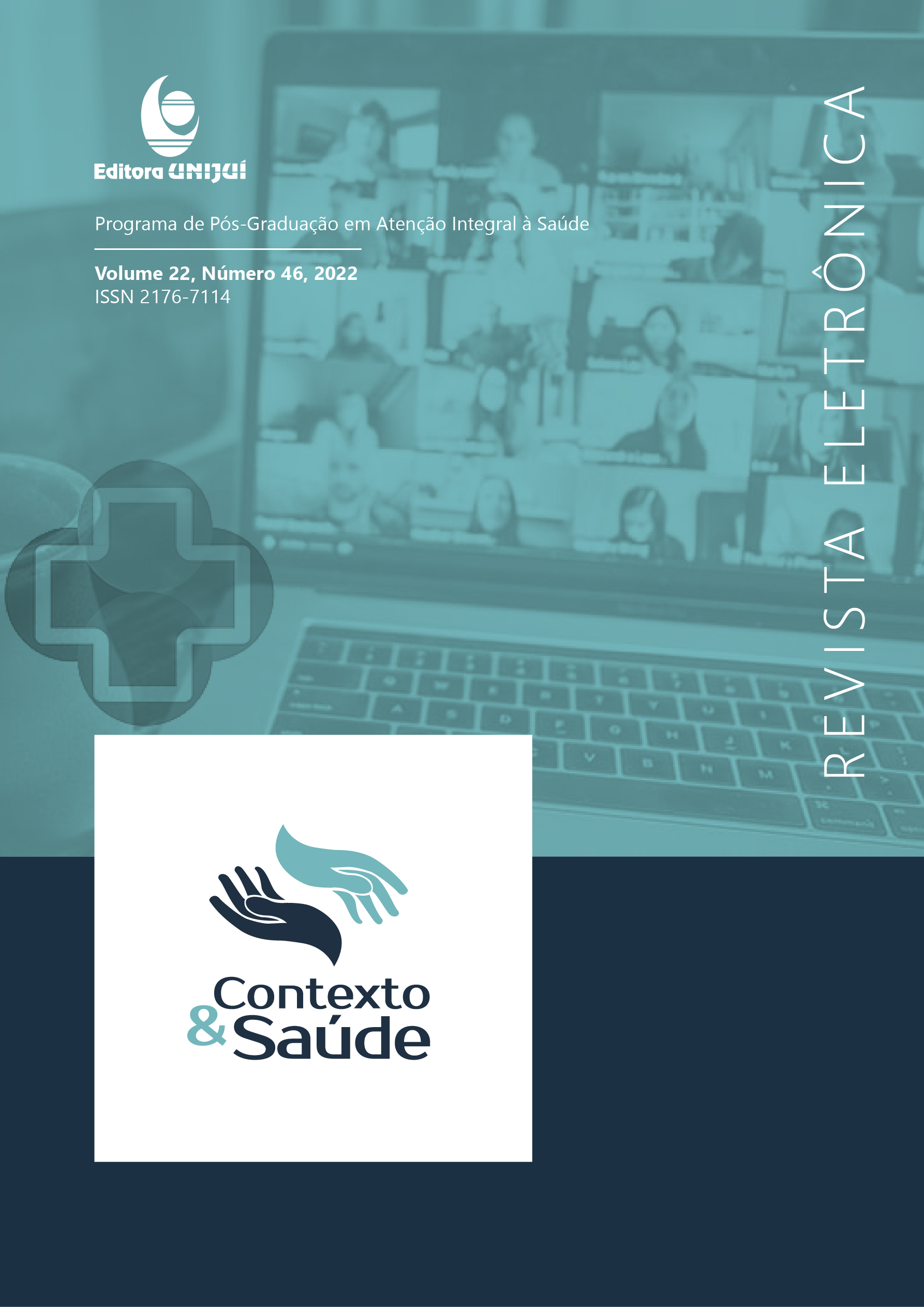Follow-up of children with tpac through tele rehabilitation: preliminary results
DOI:
https://doi.org/10.21527/2176-7114.2022.46.13330Keywords:
Telerreabilitação, Transtorno do Processamento Auditivo Central, Reabilitação AuditivaAbstract
Telerehabilitation is defined as the use of a set of information and communication resources and technologies that enable remote treatment. With the advancement of technology of extensive applicability, telerehabilitation can supply or minimize the difficulties in children with Central Auditory Processing Disorder (CAPD). The objective of this study is to compare the performance of children with Central Auditory Processing Disorder through the use of the Cognitive Auditory Training Program-PAC Online, made possible in the face-to-face modality and through telerehabilitation (through a WEB platform built for this purpose), and their contributions to a curriculum adapted to their needs and difficulties. The sample consisted of 23 children between 7 and 9 years of age, with a history of school difficulties, 13 from Group I - telerehabilitation and 10 from Group II - acoustically controlled auditory training in a cabin, in 10 half-hour sessions. The tests used were PSI in the MCI S/R -15 condition, and DD, in the skills of binaural integration and separation. Parents responded to the QFisher questionnaires. The results show the effectiveness of cognitive auditory training through telerehabilitation, with performance equivalent to acoustically controlled neurocognitive auditory training. The platform content is effective for auditory training for both acoustically controlled auditory training and telerehabilitation. The shortening of distances promoted by telerehabilitation favors both people who live in regions without specialist professionals, as well as those who live in large cities, favoring the frequency of auditory training and improving students' school
Downloads
Published
How to Cite
Issue
Section
License
Copyright (c) 2022 Revista Contexto & Saúde

This work is licensed under a Creative Commons Attribution 4.0 International License.
By publishing in Revista Contexto & Saúde, authors agree to the following terms:
The works are licensed under the Creative Commons Atribuição 4.0 Internacional (CC BY 4.0) license, which allows:
Share — to copy and redistribute the material in any medium or format;
Adapt — to remix, transform, and build upon the material for any purpose, including commercial.
These permissions are irrevocable, provided that the following terms are respected:
Attribution — authors must be properly credited, with a link to the license and indication of any changes made.
No additional restrictions — no legal or technological measures may be applied that restrict the use permitted by the license.
Notes:
The license does not apply to elements in the public domain or covered by legal exceptions.
The license does not grant all rights necessary for specific uses (e.g., image rights, privacy, or moral rights).
The journal is not responsible for opinions expressed in the articles, which are the sole responsibility of the authors. The Editor, with the support of the Editorial Board, reserves the right to suggest or request modifications when necessary.
Only original scientific articles presenting research results of interest that have not been published or simultaneously submitted to another journal with the same objective will be accepted.
Mentions of trademarks or specific products are intended solely for identification purposes, without any promotional association by the authors or the journal.
License Agreement (for articles published from September 2025): Authors retain copyright over their article and grant Revista Contexto & Saúde the right of first publication.

